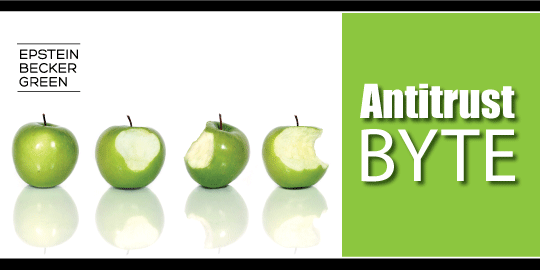
On April 22, 2021, the Supreme Court of the United States issued an opinion finding that the Federal Trade Commission (“FTC”) does not have the authority to order disgorgement (i.e., monetary relief) under Section 13(b) of the Federal Trade Commission Act (“FTC Act”). Section 5 of the FTC Act gives the FTC broad authority to investigate allegations of unfair or deceptive practices (e.g., consumer protection actions) as well as unfair methods of competition. Included in “unfair methods of competition” is conduct that would otherwise violate the antitrust laws, including violations of the Clayton Act. Section 7 of the Clayton Act prohibits acquisitions the effect of which “may be to substantially lessen competition . . . .” As a result of the Supreme Court’s holding, Section 13(b) of the FTC Act provides that the FTC can seek only injunctive relief when the agency has “reason to believe” that any party “is violating, or is about to violate” a provision of law enforced by the FTC.
Significantly, the Supreme Court ruling did not limit the FTC’s ability to investigate unfair or deceptive practices or unfair methods of competition, or to seek injunctions to stop that conduct. Rather, the ruling limits only the relief that the FTC can obtain in federal court under Section 13(b). In other words, the FTC can follow its administrative process and then seek monetary relief under a separate section of the FTC Act if an actor violates a resulting FTC order.
For a more in-depth discussion of the Supreme Court case, see “The Supreme Court Rules That Disgorgement Is Not an Available Remedy Under the FTC Act – What Comes Next?”
* * *
For additional information about the issues discussed above, or if you have any other antitrust concerns, please contact the Epstein Becker Green attorney who regularly handles your legal matters, or one of the authors of this Antitrust Byte:
|
E. John Steren |
Patricia Wagner |
People
- Member of the Firm
- General Counsel / Chief Privacy Officer

